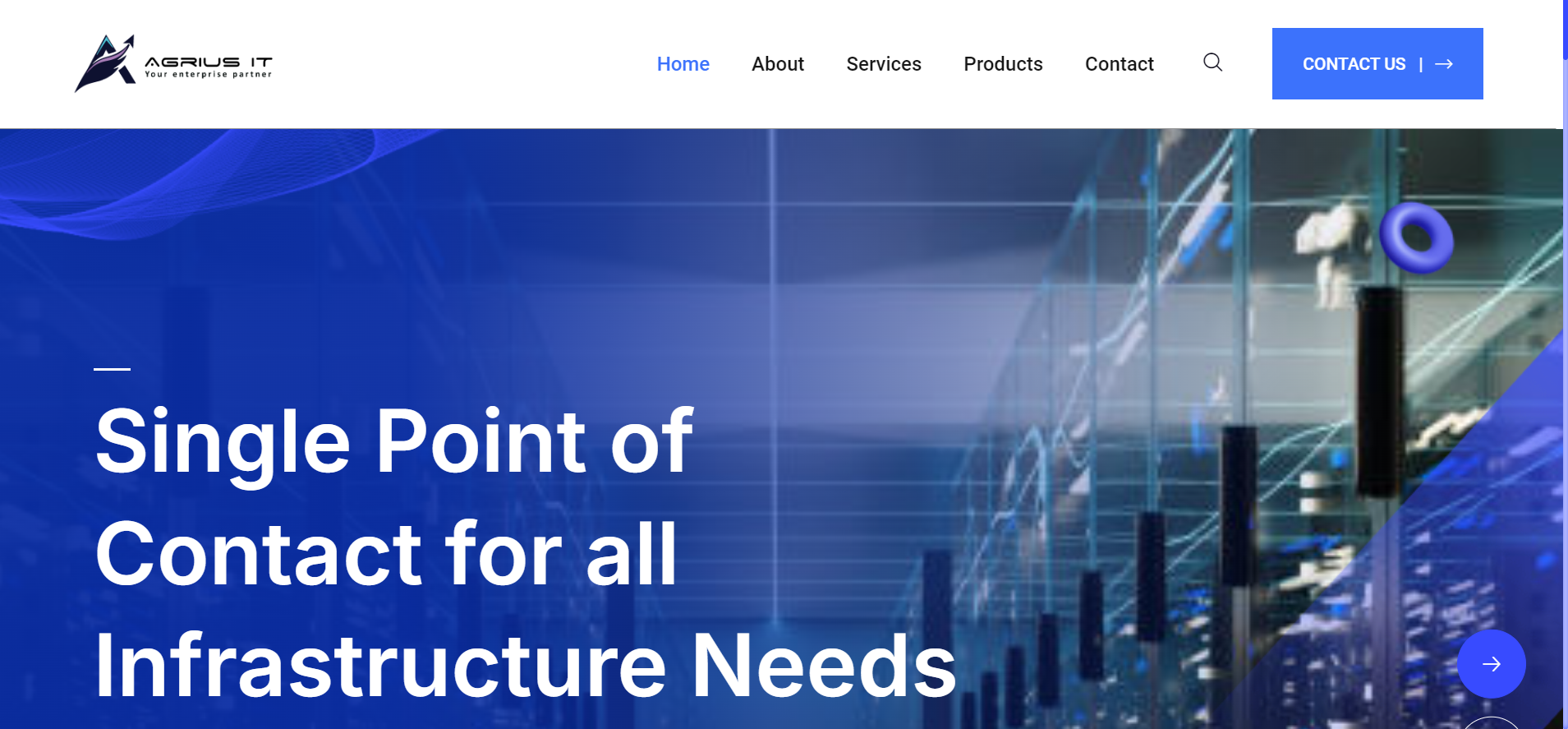What Are the Benefits of Building Payment Processing Apps with .NET?
In the ever-expanding digital economy, businesses are increasingly leaning toward efficient, secure, and scalable digital payment systems. From e-commerce platforms to subscription-based services and enterprise-level software, payment processing has become an integral part of modern application development. One of the top frameworks used to build such solutions is Microsoft’s .NET. Known for its robust architecture, vast developer ecosystem, and enterprise-ready features, .NET stands out as a preferred choice for creating secure and efficient payment processing applications.
This blog explores the comprehensive benefits of using .NET for payment processing apps, diving deep into its performance, security, integration capabilities, and development flexibility.
Understanding .NET: A Quick Overview
Before diving into its advantages, it’s important to understand what .NET is. The .NET platform, developed by Microsoft, is an open-source, cross-platform framework designed to build various types of applications—web, mobile, desktop, IoT, and more. It includes a large class library known as the Framework Class Library (FCL) and provides language interoperability across several programming languages like C#, F#, and VB.NET.
.NET is widely adopted by enterprises for its performance, security, and integration capabilities—features that are especially critical in payment-related applications.
Why Payment Processing Apps Demand a Strong Framework
Payment processing is a high-stakes domain where speed, reliability, and security are non-negotiable. Applications handling financial transactions must comply with regulations like PCI DSS, ensure data encryption, offer seamless integrations with banking APIs, and withstand cyber threats.
Given these challenges, developers must choose a framework that can support enterprise-grade requirements while offering ease of development and long-term maintainability. .NET checks all these boxes.
1. High Security and Compliance Readiness
Security is the cornerstone of any payment processing app. With .NET, developers benefit from built-in security features such as:
- Code Access Security (CAS): Controls the permissions granted to code.
- Role-Based Security: Ensures different access levels for users.
- Encryption APIs: Enable safe handling of sensitive data like card numbers and bank details.
- Secure Communication: Through HTTPS, SSL/TLS, and certificate pinning.
Moreover, .NET supports compliance with major regulatory standards such as PCI DSS, which is essential for any app handling credit card transactions. Its regular security patches and updates from Microsoft further enhance trustworthiness.
2. Scalability and Performance
Payment systems often experience high volumes of transactions during peak hours—like Black Friday sales or festive seasons. The performance and scalability of .NET make it ideal for such load-intensive operations. Key benefits include:
- Asynchronous programming with async/await: Improves responsiveness and user experience.
- Multithreading capabilities: Handle multiple transactions simultaneously without slowing down.
- Just-In-Time (JIT) compilation and caching: Enhance execution speed.
With .NET Core (and now .NET 6+), performance has been further optimized, allowing for high-throughput and low-latency applications.
3. Cross-Platform Support
.NET has evolved from a Windows-only framework to a fully cross-platform ecosystem. With .NET Core and the latest versions of .NET, developers can build and run payment processing apps on:
- Windows
- Linux
- macOS
This flexibility allows businesses to deploy their apps in diverse environments, including cloud and on-premises systems, reducing vendor lock-in and operational costs.
4. Robust Integration Capabilities
Payment processing apps need to integrate with multiple third-party services—banks, payment gateways (like Stripe, PayPal, Razorpay), fraud detection systems, invoicing tools, and more. .NET simplifies this with:
- HTTPClient and gRPC support: For seamless API communication.
- Entity Framework (EF) Core: For efficient data handling with databases.
- Middleware and custom APIs: That can be plugged into existing systems with minimal overhead.
Such extensibility makes it easier to add new payment methods or regulatory modules as the business evolves.
5. Strong Developer Ecosystem and Community Support
One of the overlooked yet essential benefits of .NET is its extensive developer community. Businesses can find skilled .NET professionals across the globe, making team building and problem-solving much easier.
For instance, companies often hire offshore .net developers to balance cost-effectiveness with technical proficiency, accelerating project delivery timelines without compromising on quality. This global talent access enhances development agility and reduces overheads.
6. Built-In Testing and Debugging Tools
Reliable payment processing apps demand rigorous testing to prevent transaction failures and vulnerabilities. Visual Studio, the official IDE for .NET, offers integrated tools for:
- Unit Testing with MSTest, xUnit, or NUnit.
- Live Debugging to trace real-time errors.
- Code Analysis to maintain coding standards.
These features help ensure that your payment solution works flawlessly across various use cases and environments.
7. Rich UI and Front-End Compatibility
While backend performance is vital, user experience also plays a major role in the success of a payment processing app. With .NET, developers can build dynamic front-ends using:
- Blazor: For building interactive UIs with C# instead of JavaScript.
- Razor Pages: For simplified web app architecture.
- ASP.NET MVC: For building feature-rich web apps.
This enables seamless integration between the user interface and backend, ensuring smooth user interactions during checkout or transaction workflows.
8. Microservices Architecture Compatibility
Modern payment systems are increasingly adopting microservices for scalability, maintainability, and modular development. .NET supports microservices architecture via:
- Docker and Kubernetes support: Enabling containerization and orchestration.
- Minimal APIs in .NET 6+: For lightweight services.
- Service Bus and Message Queues (e.g., Azure Service Bus): For asynchronous communication between services.
This modular approach allows different payment components—like authorization, fraud detection, or refunds—to be independently developed and scaled.
9. Seamless Cloud Deployment
.NET is highly compatible with various cloud platforms, especially Microsoft Azure. Developers can easily deploy, monitor, and scale payment processing apps on:
- Azure App Services
- Azure Kubernetes Services
- AWS and Google Cloud Platform (GCP) (via cross-platform support)
Cloud integration is crucial for global payment applications that require uptime, availability, and disaster recovery mechanisms.
10. Long-Term Support and Backward Compatibility
Enterprise apps like payment processors are built to last. Frequent rework or migrations can be expensive and disruptive. Microsoft ensures long-term support (LTS) for its .NET versions, guaranteeing:
- Security patches
- Compatibility with older projects
- Continuous enhancements
This stability makes .NET a safe bet for mission-critical application like payment systems.
11. Cost Efficiency
While some development frameworks require costly licenses or tools, .NET is open-source and free to use. Businesses can cut down costs on:
- Licensing fees
- Infrastructure overheads (thanks to cloud and cross-platform support)
- Hiring (due to a large global talent pool)
Moreover, the availability of reusable libraries and components speeds up development, further optimizing costs.
12. Localization and Multi-Currency Support
Payment apps often cater to international users. .NET makes it easy to:
- Localize apps in multiple languages.
- Handle different currencies and formats.
- Integrate regional tax rules or compliance modules.
Such flexibility is essential for scaling apps globally without overhauling the entire codebase.
13. Logging and Monitoring Capabilities
Real-time monitoring and auditing are crucial in the payment domain. .NET allows developers to implement logging and monitoring through:
- Microsoft.Extensions.Logging
- Application Insights
- Serilog, NLog, and other third-party tools
These tools provide insights into transaction failures, fraud attempts, or performance bottlenecks—enabling quicker responses and fixes.
14. AI and ML Integration for Fraud Detection
.NET can integrate with machine learning models built using ML.NET or external libraries to support advanced fraud detection mechanisms. This can help payment processors:
- Analyze transaction patterns.
- Flag suspicious activities.
- Implement dynamic security measures.
These intelligent features are increasingly being integrated into modern payment ecosystems.
15. Simplified Maintenance and Upgrades
Thanks to its modular architecture and backward compatibility, .NET applications are easy to maintain. Developers can:
- Add new features without disrupting existing services.
- Refactor code for performance without starting from scratch.
- Stay updated with the latest packages through NuGet.
This ensures that your payment app remains modern, efficient, and secure over time.
Final Thoughts
When building a payment processing app, the framework you choose directly impacts your success. .NET stands out for its security, scalability, cross-platform capabilities, and development efficiency. With powerful built-in tools, community support, and cloud integration, it offers everything a modern financial application requires.
Whether you’re building a simple payment portal or a full-fledged multi-currency transactional ecosystem, .NET provides the foundation you need to ensure compliance, performance, and user satisfaction.
By choosing the right tools and strategies—and leveraging global resources where appropriate—you can launch a reliable, high-performing payment processing app that scales with your business needs.














Post Comment